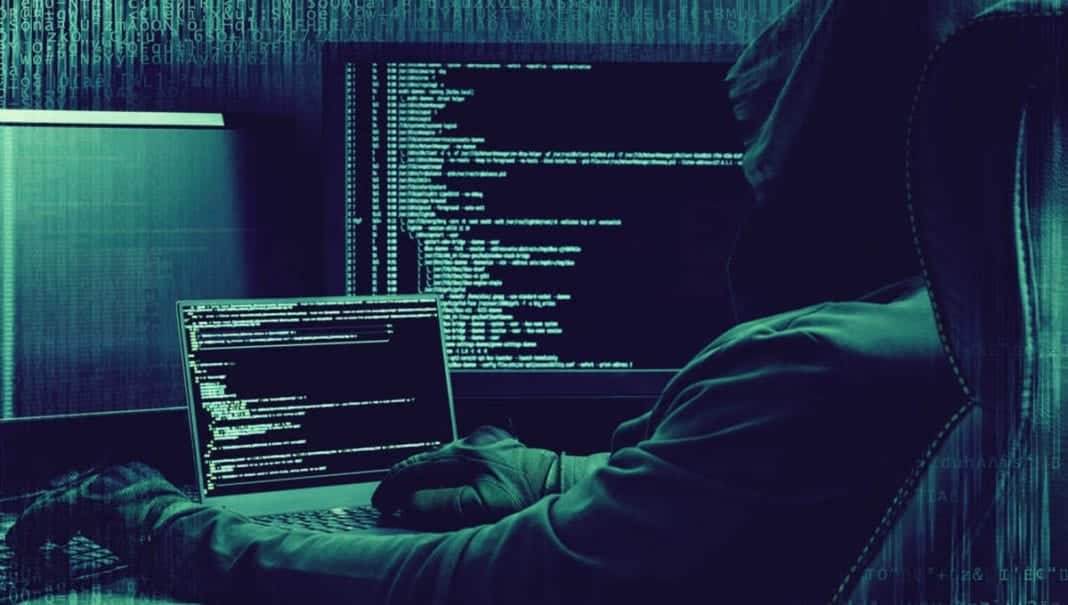Tyler Walker ENG 1101
When you think of hackers, what do you imagine? Maybe it’s a bunch of green 1s and 0s? Maybe it’s Russians interfering with the presidential election. And maybe it’s somebody behind a computer stealing your information. What if I told you this word never meant any of these, but actually evolved into what it became today? What if I told you there was more to this word than the general public is told about?

According to the Oxford English Dictionary, the term “hacker” can be described as “A person with an enthusiastic interest in computer systems, esp. one who is skilled at programming.”. The entire idea of “hacking” all originated from the Massachusetts Institute of Technology in 1961, when students in MIT’s Tech Model Railroad Club “invented programming tools, slang, and an entire surrounding culture that is still recognizably with us today.”. “The Early Hackers.” The Early Hackers, 5 May 2000, 18:57:21, catb.org/~esr/writings/cathedral-bazaar/hacker-history/ar01s02.html.” This influenced the computer science culture and eventually they adopted the term “hacker”. This influence had a wide spread effect and the realization and recognition of hackers began to emerge around 1969 where the ARPANET became a reality. Now you may be asking what the ARPANET is? The ARPANET represented the Advanced Research Projects Agency Network, a small concept at first, sprouting from the desire to share information over great distances without the need for dedicated phone connections between each computer on a network in 1967 became a reality 2 years later with the assistance of 4 Universities. The ARPANET was considerably the spark of the internet and how the computer network that we use today was born. Not only did the ARPANET provide many with access to a high-speed network, but the ARPANET built bridges that connected hackers from within the U.S to one another. Considerably they’re a family that’s distanced from each other and this is their way to communicate with one another. “instead of remaining in isolated small groups each developing their own ephemeral local cultures, they discovered (or re-invented) themselves as a networked tribe” “The Early Hackers.” The Early Hackers, 5 May 2000, 18:57:21, catb.org/~esr/writings/cathedral-bazaar/hacker-history/ar01s02.html.”
As Jose Pagilery stated in the article “The evolution of hacking”, “Hacking became the art of figuring out unique solutions. It takes an insatiable curiosity about how things work; hackers wanted to make technology work better, or differently. They were not inherently good or bad, just clever.”. So how did hackers obtain such a bad reputation and became infamous for their “clever” behavior? With the help of others, new hackers began to adjust computer software and reverse engineer hardware to improve its quality and speed up their machines. In 1971 a new generation of hacker joined the fray named “phreakers”. These were a bunch of “American punks” who took lightly of the nation’s telephone system and used it to their advantage to make international calls for fun. While this activity may seem harmless to many, this was considered wire fraud, resulting in the FBI to get involved with this ordeal, cracking down on many phreakers. This was the decline of hacker’s neutral reputation and the way that we perceive them has changed for the worse. By the mid-2000s, hacking belonged to organized crime, governments and hacktivists. The definition of hacker changed to what it is now, according to the Oxford English Dictionary, “A person who attempts to gain unauthorized access, esp. remotely, to a computer system or network, or (in earliest use) a telephone network. Later also: a person who gains unauthorized access to another’s telephone communications or data (phreakers)”. This all sprung from the curiosity of hackers, if a network or computer that they were interested in was inaccessible, they would become extremely persistent until they obtained the connection they strived for. Hacking became more and more malicious as necessities such as banking, shopping and private information became more accessible providing hackers the opportunities to do wrong. Naturally, when there is an opportunity to exploit the system for person gain, there will be many who would approach that opportunity.

During my years in high school, I was involved immensely with engineering, robotics and computer science. While we did use many terms, when the word “hacker” turned up we always assumed “someone who fixes something”. It was rarely seen in the light as someone who would use the internet to attack you for your information. It was not if we didn’t know what the word meant by any means, but it was so unnatural for us to make this assumption of someone being a hacker. Even when we called each other hackers, it was jokingly as most of us were somewhat good in our field. This made me realize how people are perceived in the world. Hackers were never inherently bad, but as the times progress the only way for them to adapt was to do malicious activity. Not all hackers are bad, some are very misunderstood, but there sure is a lot of dangerous ones out there. So maybe my friends and I are “hackers” that shouldn’t define who we are, but that’s for us to decide.
Sources Cited
- Pagliery, Jose. “Computer Hacking: From Teen Prank to High-Stakes Crime.” CNN, Cable News Network, 5 June 2015, cnn.com/2015/03/11/tech/computer-hacking-history/index.html.
- A Brief History of Hackerdom: The Early Hackers, catb.org/esr/writings/hacker-history/hacker-history-3.html.
- 8, 2002 Spyd3rApril. “The History Of Hacking.” Help Net Security, 8 Apr. 2002, helpnetsecurity.com/2002/04/08/the-history-of-hacking/.
Image source: https://www.techworm.net/2017/12/moneytaker-hacker-group-stole-millions-u-s-russian-banks.html



Leave a Reply